
Hard Won
There is no glory in suffering.
Father Blackwell got it all wrong.
Ask the young martyrs
How much good ever came from their deprivation,
Their unspeakable deaths.
The suicide bomber looking up at a cloudless blue sky on his final walk.
What is his family’s honor to him then.
My father, grasping at air for his tissue paper lungs,
Graciously succumbing,
What greater good was ever served.
The faithful dog who licks his master’s hand
Only to be beaten again.
The teenage mother who surrendered her baby girl from her hospital bed,
When she passes a young woman in a stairwell years later,
And stares into a face hauntingly like her own,
Ask her
As her heart breaks yet again,
Who did as she was told,
Where is the glory now?


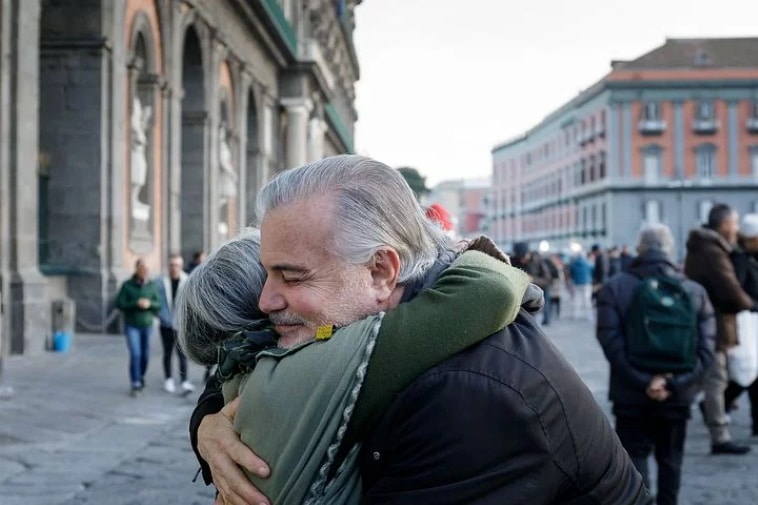
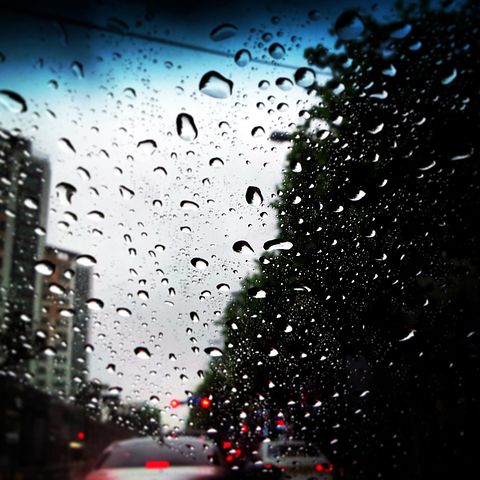
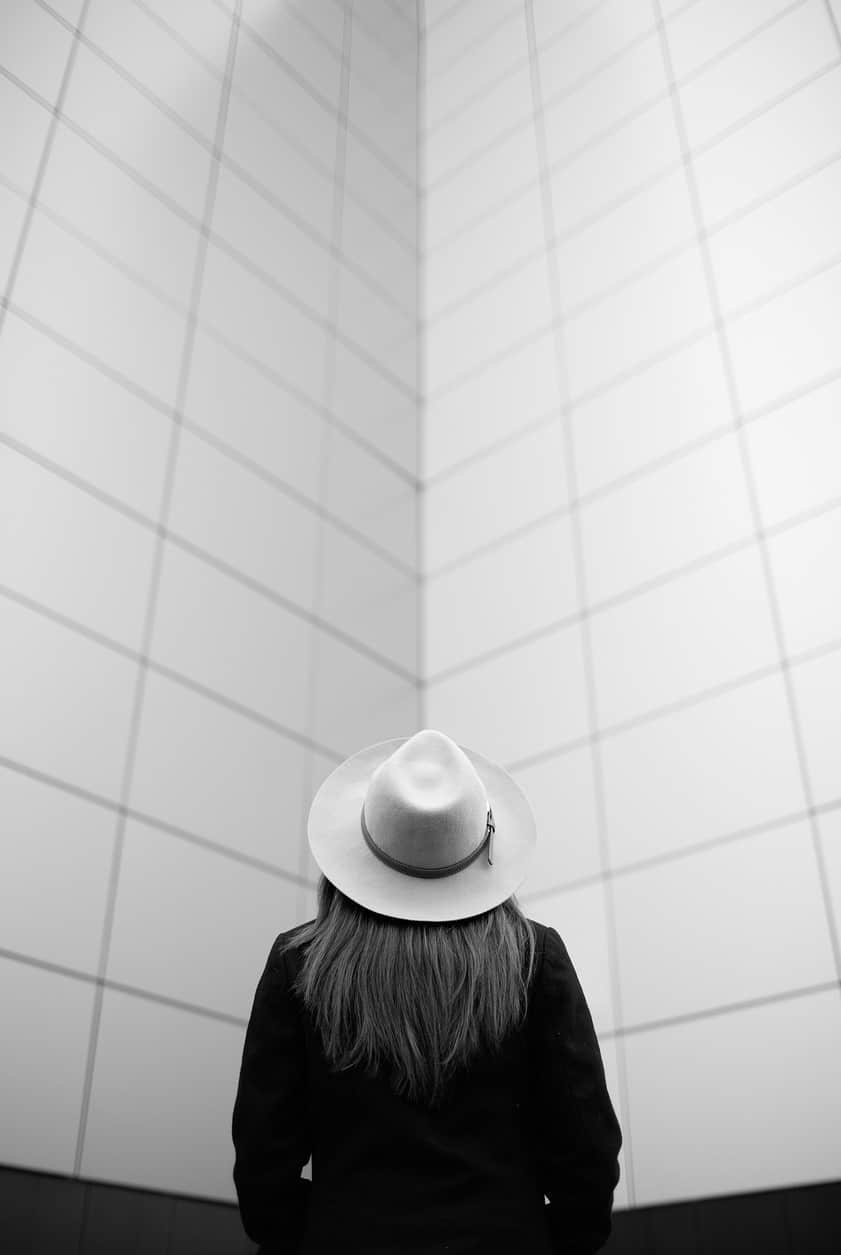
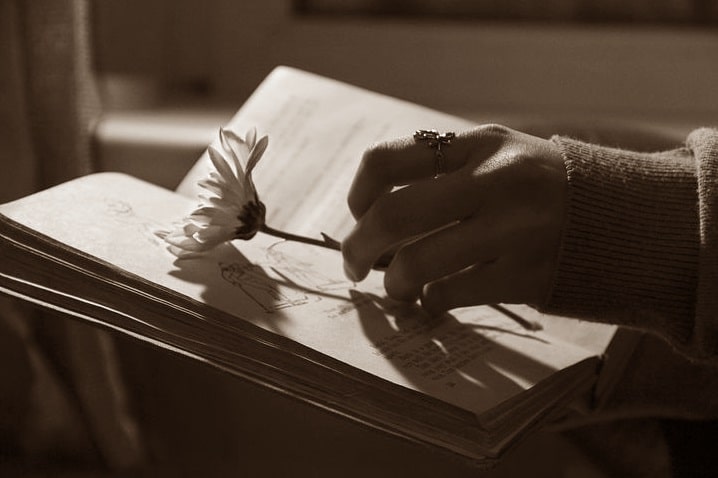

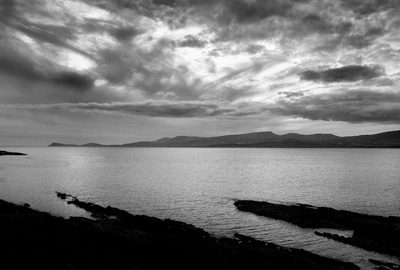


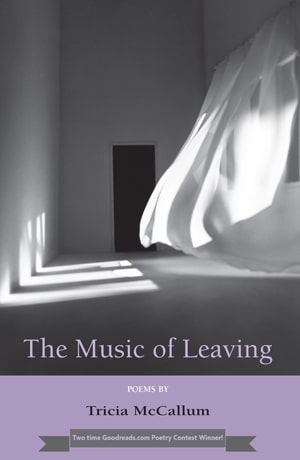




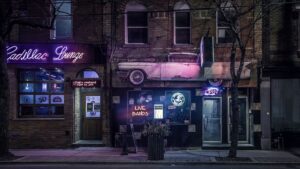
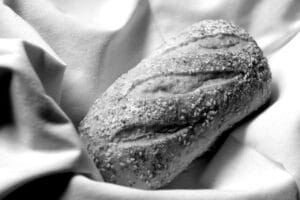
Thanks for sharing